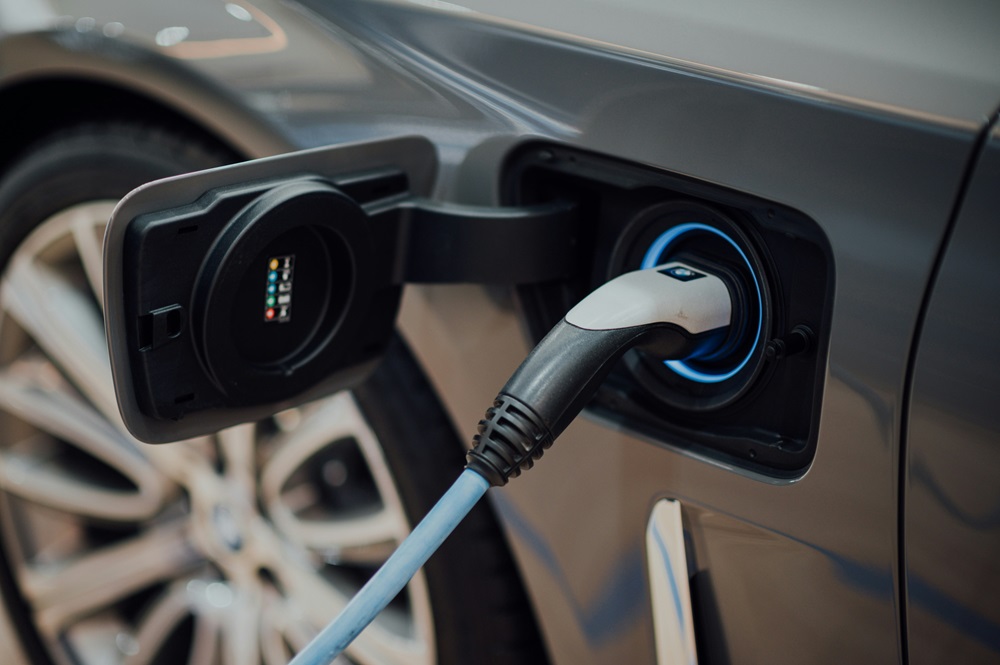India's New Localization Norms for Electric Vehicles Announced
India's new localization norms for electric vehicles (EVs) signify a transformative shift in the country's strategy to enhance domestic manufacturing and reduce reliance on imports. The government’s initiative mandates a higher percentage of local sourcing for critical components, aiming to build a robust supply chain that strengthens local production capabilities. This approach is expected to generate substantial economic benefits, including job creation in the manufacturing sector, as the government focuses on stimulating growth by supporting local manufacturers.
One of the primary objectives of these norms is to decrease dependence on imported components, which can be susceptible to disruptions in the global supply chain. This aligns with India’s broader vision of achieving self-reliance, encapsulated in the Atmanirbhar Bharat initiative. The stricter guidelines also aim to address past challenges related to compliance and fraudulent subsidy claims, enhancing oversight to ensure that financial incentives are allocated only to manufacturers who meet the required standards. Moreover, by mandating the local assembly of critical safety components, the norms are designed to improve vehicle safety standards, thereby enhancing consumer protection.
The potential
impacts on the Indian EV market are multifaceted. Manufacturers will need to
invest significantly in local production facilities and capabilities, which
could lead to the establishment of new factories and an increase in the output
of EV components within India. This shift may also reshape the competitive
landscape, as existing players reliant on imports might face challenges, paving
the way for new entrants focused on localized production. While the initial
costs for manufacturers may rise due to new investments, as local supply chains
mature, prices could stabilize, potentially leading to more affordable EV
options for consumers.
Additionally,
the emphasis on local assembly and manufacturing processes could spur
innovation within the Indian automotive sector. Collaboration between local
firms and global technology providers may enhance capabilities and drive
technological advancements, further benefiting the industry. As localization
increases, consumers are likely to enjoy a wider variety of EV models tailored
to local preferences, resulting in improved availability of products. Enhanced
safety standards and quality assurance can also foster greater consumer
confidence in purchasing EVs.
From the
consumer perspective, the localization norms promise several benefits. A
stronger domestic manufacturing base could lead to a broader array of EV
models, catering to diverse consumer needs. While initial price increases may
occur, the long-term effects of increased local manufacturing could yield more
competitive pricing and better deals for consumers. Stricter safety norms will
likely result in safer vehicles, boosting consumer confidence in their
purchases. Furthermore, a clearer compliance framework will assure consumers
that manufacturers receiving subsidies are adhering to localization criteria,
potentially translating to better overall product quality.




